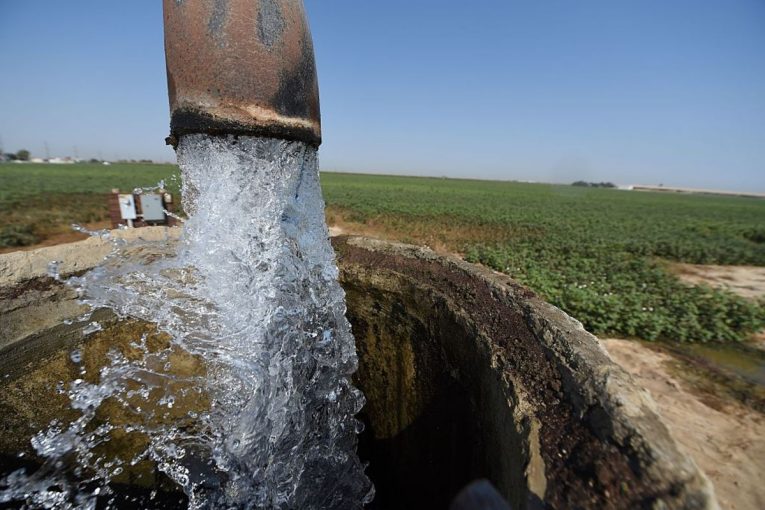

(From Press Release) — On February 22nd, 2019, students representing the ASUCD Office of the External Affairs Vice President have submitted an agricultural bill, AB 1086, to the California State Assembly which seeks to reduce the amount of water that Californian farms use.
The bill, introduced by Assemblymember Bauer-Kahan, D-Orinda, provides grants to family farmers who convert to micro-irrigation systems, which use less water than conventional systems.
According to Bauer-Kahan’s office, “Studies show that micro-irrigation decreases water usage on farms by up to 60% and increases crop yields by 90%. Micro-irrigation significantly reduces water consumption in the state and reduces pesticides water-run off that contaminates our state’s drinking water.”
“We want to help our neighbors here in Yolo County, small farmers and family farmers, save water and thrive. We also want to contribute our part to conserving the environment, especially as California continues to suffer from droughts and water pollution. That is why our bill, in addition to trying to help family farmers, aims to protect our water resources,” said Adam Hatefi, the student who wrote the bill and the Chief of Staff to the ASUCD External Affairs Vice President.
This bill is part of a national trend of young Americans who want to see climate change as a top priority in legislation. On November 2018, the Sunrise Movement, a youth-led environmentalist group, and Rep. Ocasio-Cortez led a 200-person protest in Rep. Pelosi’s office to demand a Select Committee on a Green New Deal. More recently, on February 7th, 2019, Ocasio-Cortez sponsored a House Resolution on creating a Green New Deal.
“Moving forward, we hope that small changes like this occur throughout the U.S. and that we can all continue to push green legislation across all cities, counties, and states ,” Edgar Masias-Malagon, the ASUCD External Affairs Vice President said, “Eventually, we hope that this chain of events can lead the U.S. in becoming a leading force in the global effort, to reverse the effects of climate change.”

This is a great idea. There is presently very little incentive to convert to drip on a farm, especially for those of us using groundwater. The cost of the drip materials isn’t very much, relatively speaking, but since the cost of the water is basically zero it doesn’t really pencil out for most people. A nominal incentive can help reduce groundwater usage.
The big incentive for drip is the huge jump in productivity for row crops. In Fresno where they converted from furrow to drip for tomatoes, the yield per acre jumped more than 60% in about 8 years, and I talked with a farmer who saw his yield double.
At the end of the day, was it cost-effective? How many years to break-even for capital, sinking fund for replacement, maintenance costs?
Meant as a fair question…
If it “pencils out” in a reasonable time frame, I’d support in a NY minute… tomatoes, almonds, some other crops have a good ‘pay-back’ ratio… not sure that applies to all irrigated crops… if so, the proposal is great!
If not, not so much.
Kudos to the involved students for showing how things can and should work in a participatory democracy to develop creative solutions and effect change.
I think this is a really good idea. This generation of student activists are good organizers and understand how to make change.